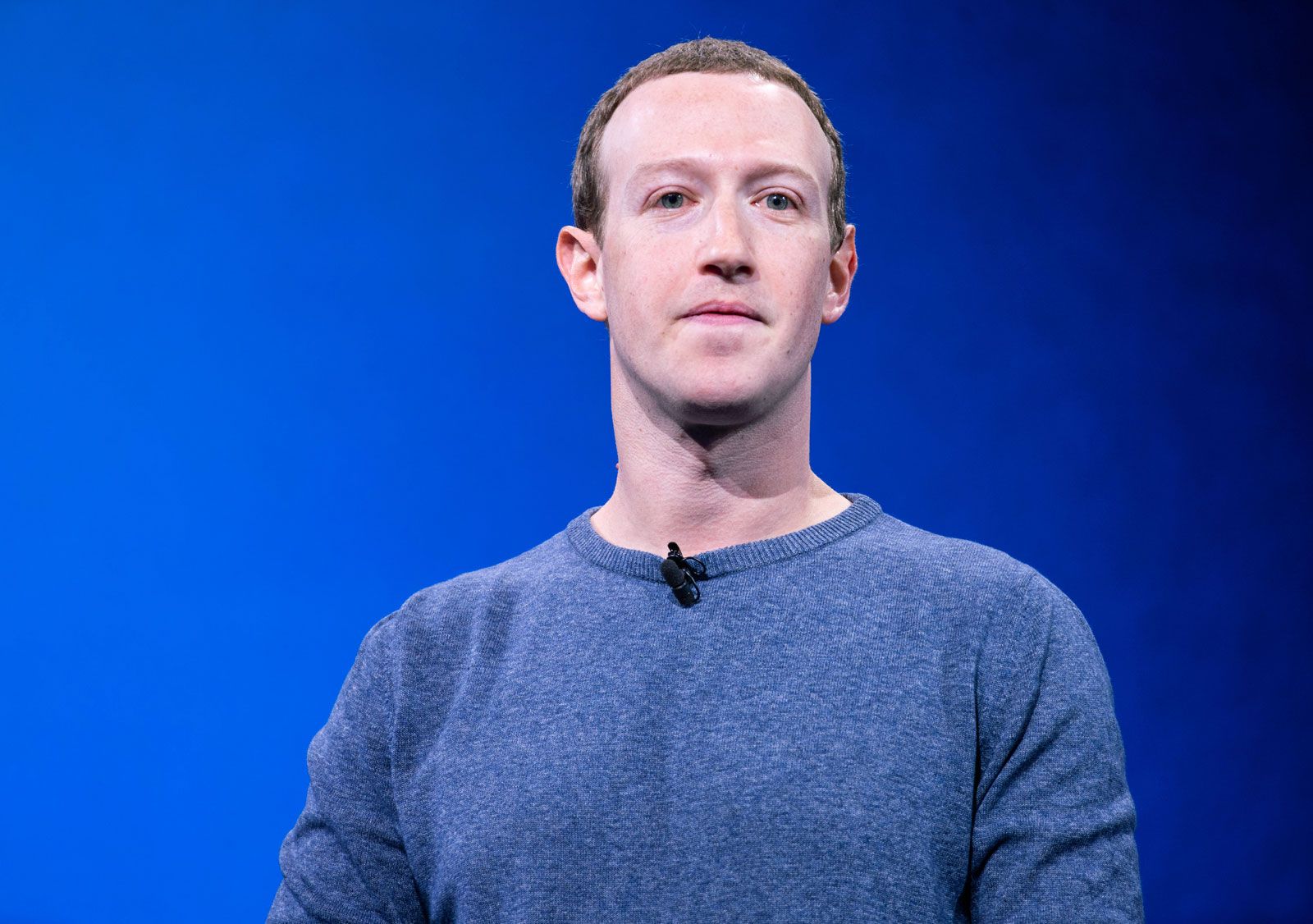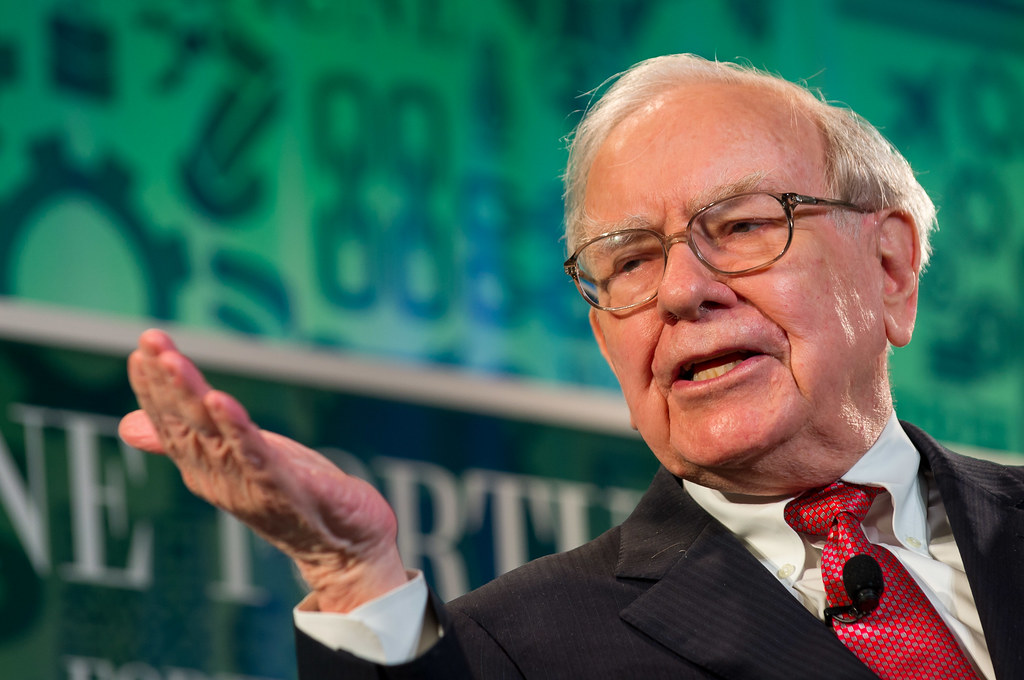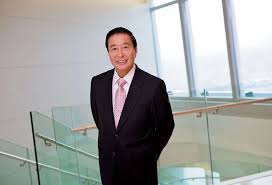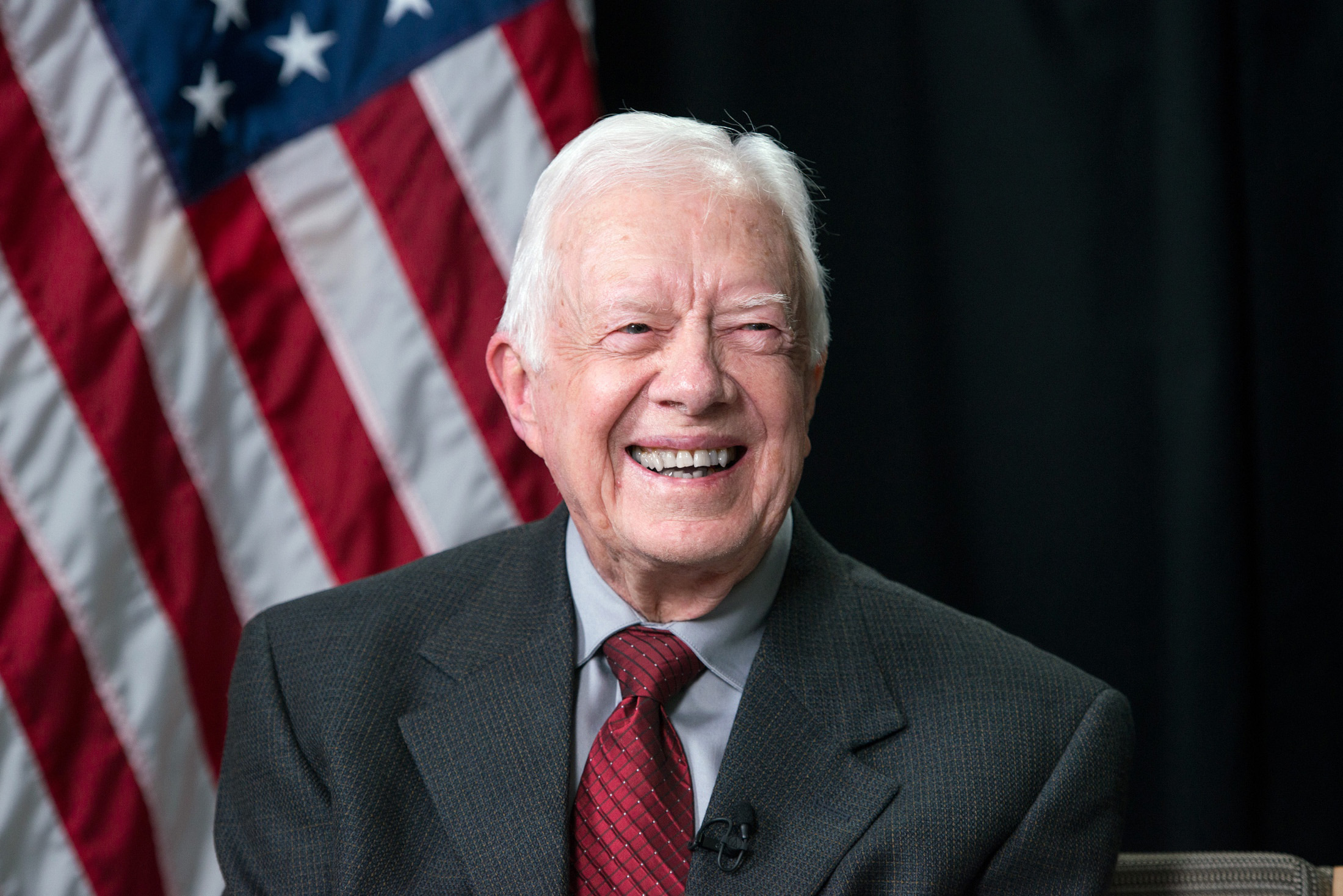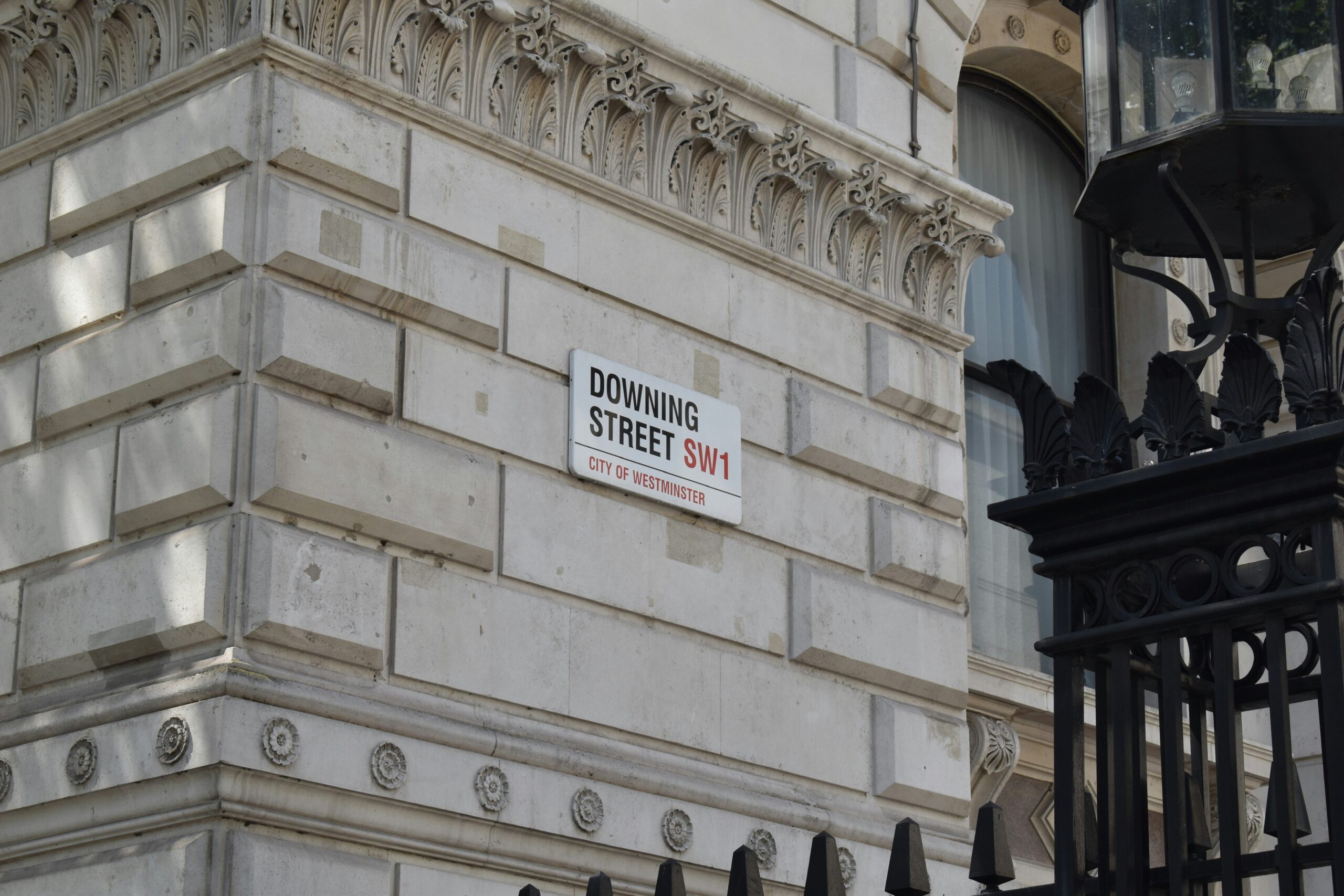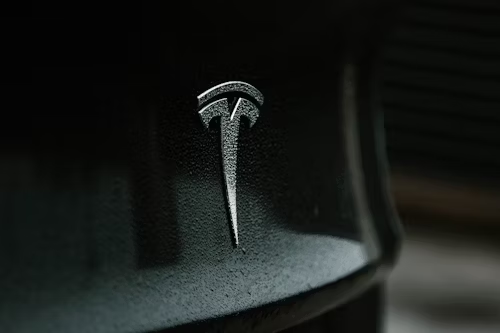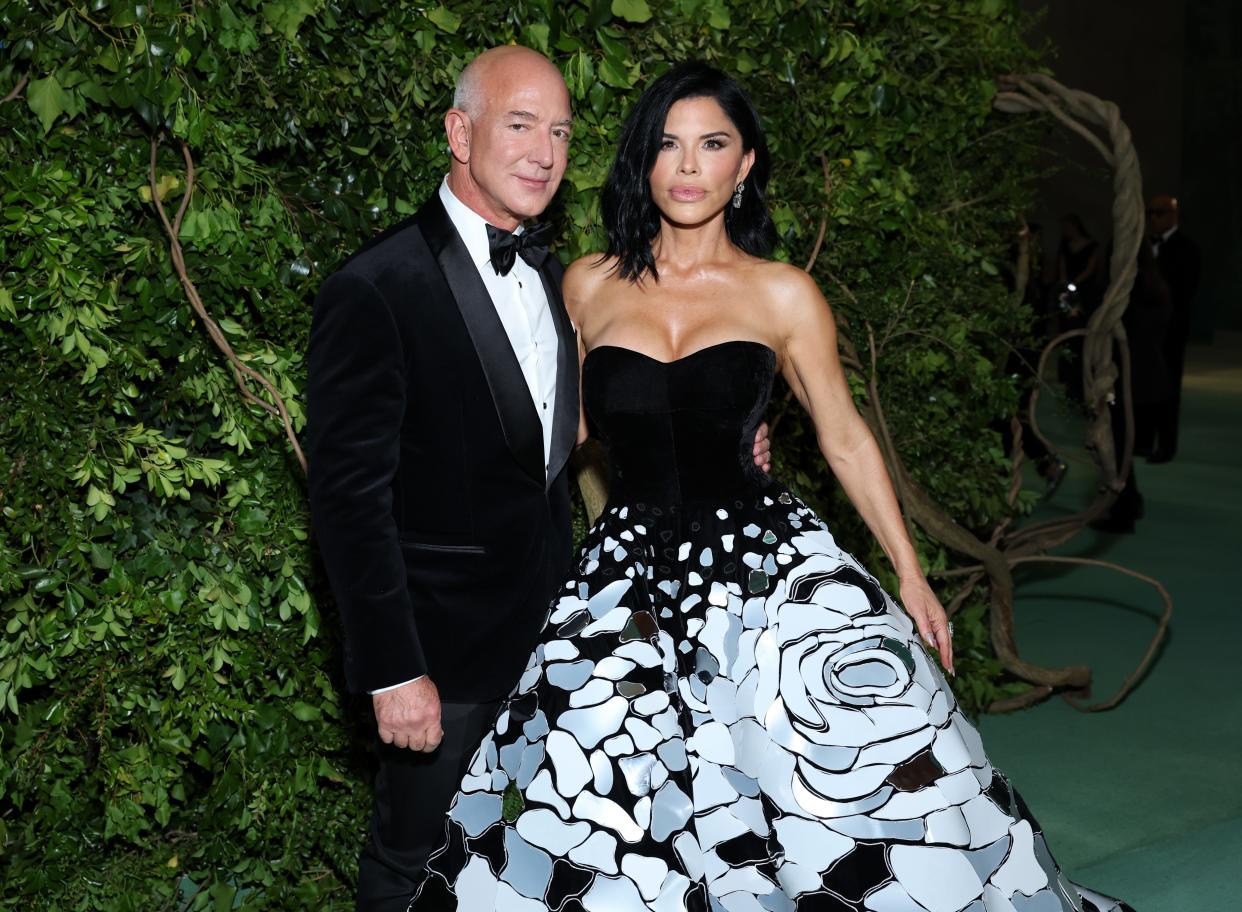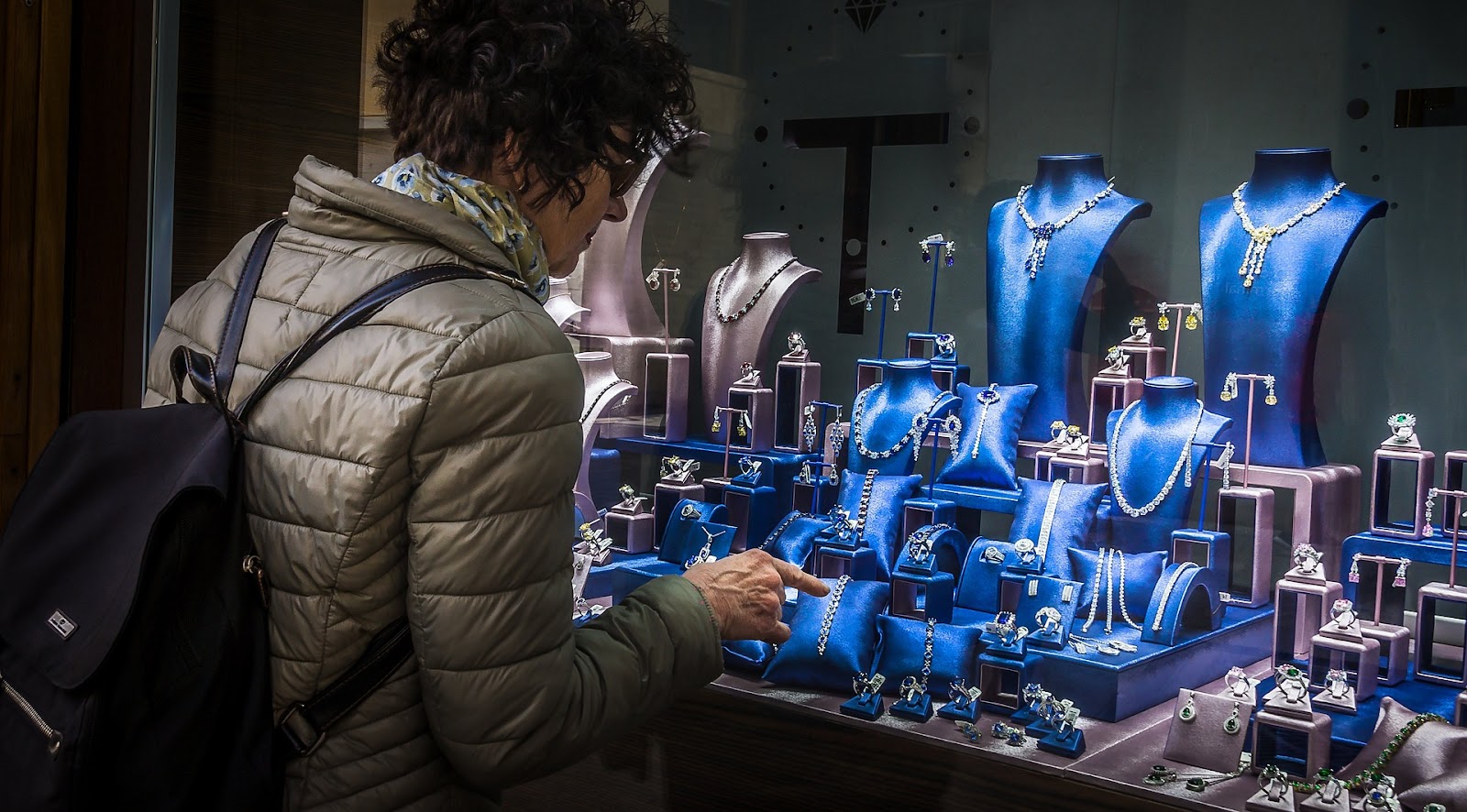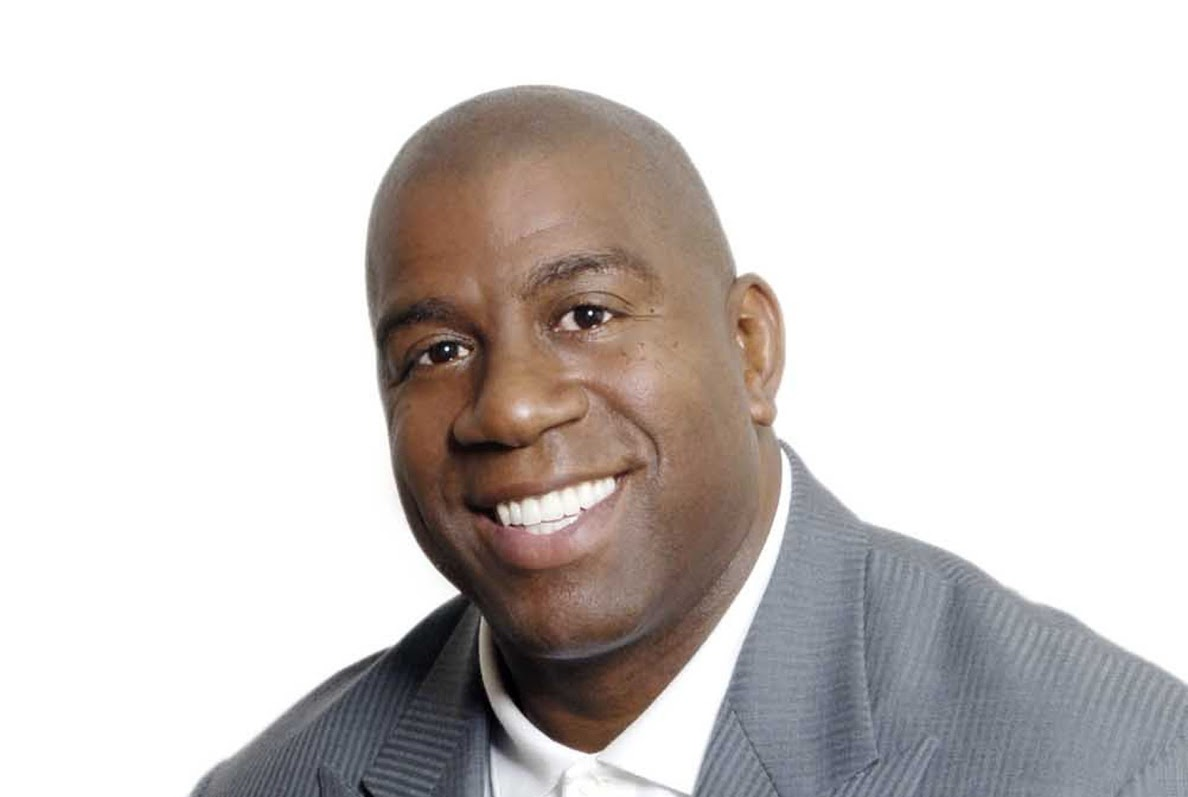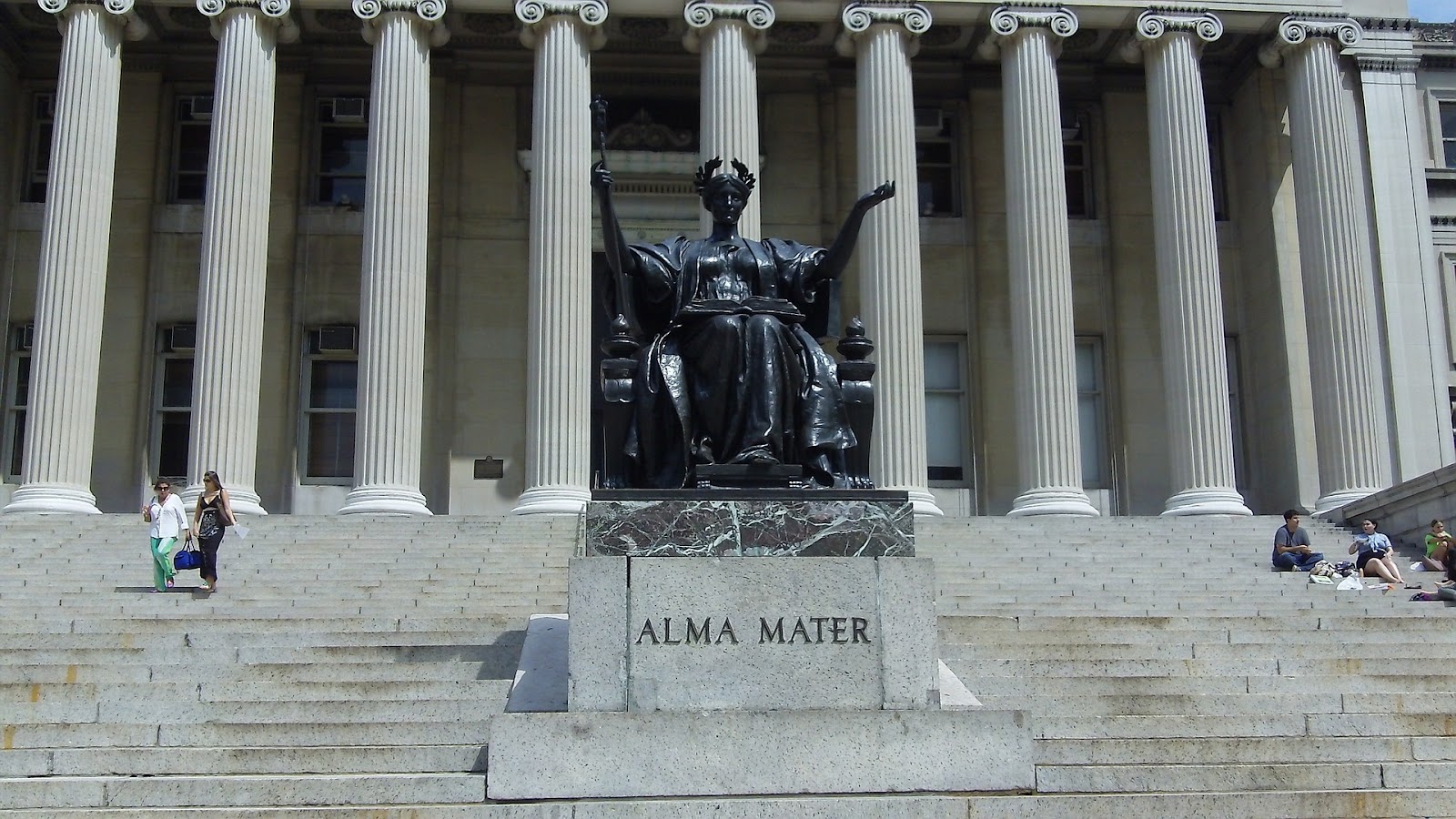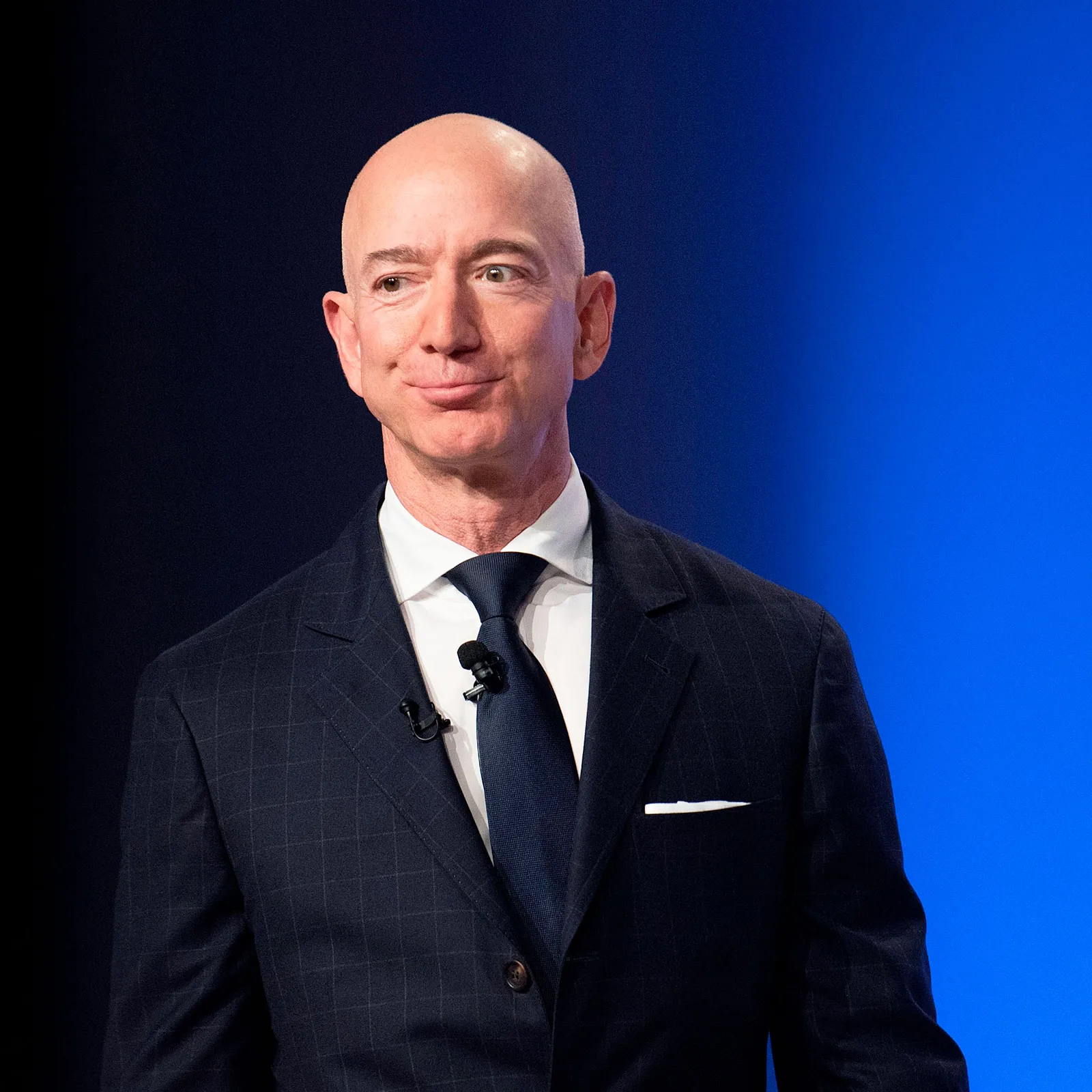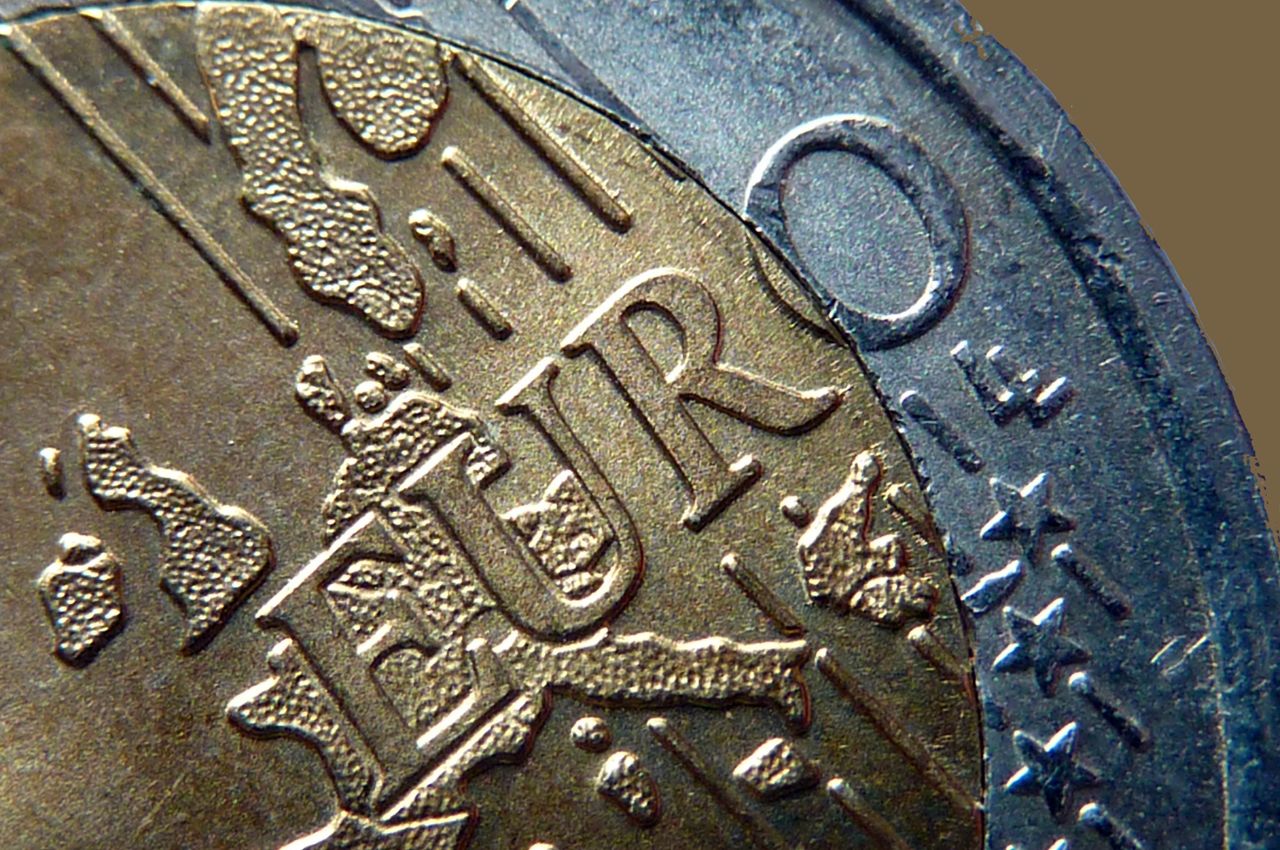RSE Ventures CEO Matt Higgins recently highlighted a critical yet straightforward strategy for aspiring entrepreneurs at the CNBC Make It: Your Money virtual event. Instead of the relentless pursuit of the next big thing, Higgins emphasized a more accessible route to significant breakthroughs: “We all have within us a proprietary insight about how something can be done just a little bit better,” Higgins said, “The vast majority of game-changing businesses are actually built on [those] insights” He added.
One great example is the story of Airbnb CEO Brian Chesky. Back in 2007, Chesky was having trouble paying his rent. He devised a quick fix: he put out air mattresses and offered homemade breakfast, letting visitors stay over for a conference. This quick decision helped him pay his rent and, more importantly, showed him a business opportunity. People were looking for places to stay that were cheaper than hotels. Chesky’s idea turned into Airbnb, which is now worth $77.04 billion and is a big part of today’s “sharing economy.”
Higgins’ advice is for more than big companies. It means that you do not have to invent something totally new to be successful. You need to pay close attention to everyday problems that you can solve.
In the same way, Whitney Wolfe Herd, the CEO of Bumble, did not try to make a whole new kind of dating service. She saw that in the dating world, the men usually made the first move. So, she started Bumble, a dating app where only women can start the conversation. Wolfe Herd explained in a 2020 letter on Bumble’s website, “I saw a problem I wanted to help solve. So many of the smart, wonderful women in my life were still waiting around for men to ask them out. For all the advances women had been making in workplaces and corridors of power, the gender dynamics of dating and romance still seemed so outdated.”

Other success stories, such as Hexclad and Whop, show that paying attention can lead to great business ideas. Hexclad, a company that got a big thumbs up from famous chef Gordon Ramsay, started because someone thought cookware could be more durable and aesthetically pleasing. Similarly, Whop began because a few friends were tired of how unreliable other software marketplaces were. Today, Whop is a flourishing tech hub, drawing monthly revenues worth $354,000.
These stories all have one thing in common: the people behind them noticed something small and turned it into a business. Brian Chesky, co-founder of Airbnb, talked about this in 2015 at New York University. He said, “Creating something brilliant” to “solve a problem” can help a lot. They were trying to solve their problem, which turned into something big.
Mark Zuckerberg, the guy who started Meta, formerly known as Facebook, talked about this, too. He chatted with Sam Altman from Y Combinator and said that many people in Silicon Valley get it wrong. They wanted to start companies before knowing what problem they were solving. He thinks it should be the other way around: you see a problem and start a company to fix it.
What we learn from people like Higgins, Chesky, Wolfe Herd, and other successful business folks is pretty straightforward. You do not have to come up with a huge, world-changing idea to be successful. If you are good at noticing problems and thinking of ways to fix them, you could make a business out of it.







